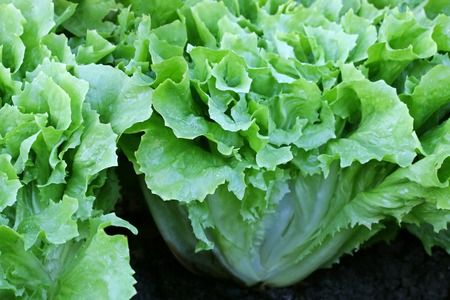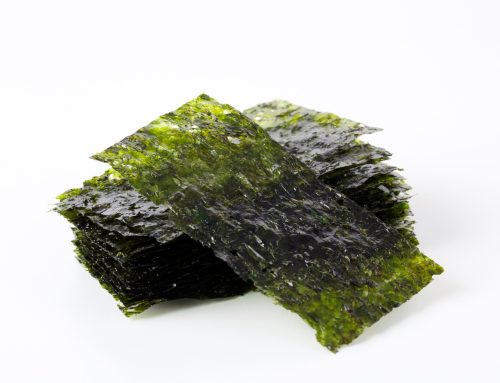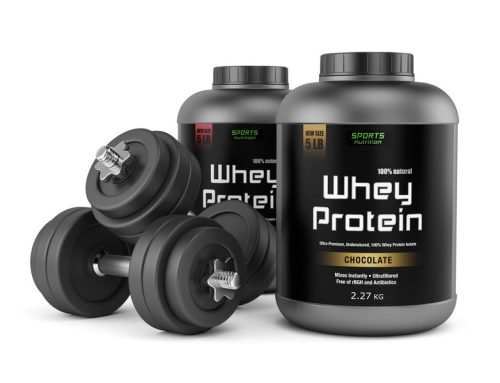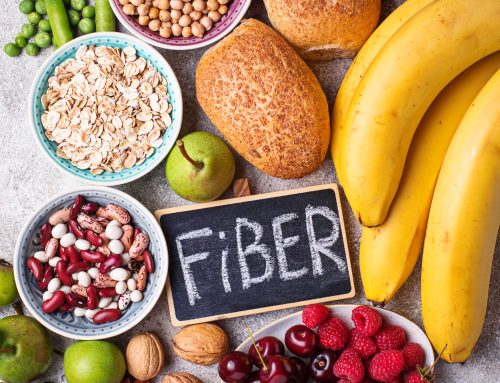What are the health benefits of flavonoids? In fact, flavonoids have amazing health benefits. Further, research shows that they help protect against illnesses such as cancer, neurodegenerative diseases, heart disease and diabetes.
Between 2019 and 2021, life expectancy in the U.S. dropped by 2.7 years, the most significant two-year difference since the 1920s. In response, many people are looking more closely at how their lifestyle choices — including diet — can fight this trend, maximizing health and extending longevity.
What are flavonoids and what’s their role in promoting longevity? By adding them to your diet, you may lower your risk of developing chronic illnesses.
What are flavonoids?
Flavonoids are naturally-occurring nutrients in plants. When eaten, these phytonutrients prevent and clean up damage to the cells in your body. They are found in many different fruits, vegetables, grains, legumes, nuts and even in plant-based beverages like tea, coffee and wine. In total, scientists have identified over 5,000 naturally occurring flavonoids.
What makes these natural compounds so powerful for supercharging your health? For starters, science shows that flavonoids are:
• Antioxidant
• Anti-inflammatory
• Antiviral
• Antimicrobial
• Antiallergic
• Immuno-supportive
“The purpose of antioxidants,” says registered dietitian Kerri Hawkins, “is to neutralize free radicals and damage in the body. A simple way to think about it is that they prevent or repair the damage and stress that happens naturally.” Chronic diseases can develop when repairs don’t happen, affecting your health and wellness.
Research shows that foods high in flavonoids help protect against specific illnesses such as cancer, neurodegenerative diseases, cardiovascular disease and diabetes. By lowering the risk of developing these chronic conditions, flavonoids can help extend a person’s lifespan and promote overall health.
What foods have flavonoids?
These powerful phytonutrients are present in a wide array of fruits and vegetables. “When you think about flavonoids,” Hawkins says, “think color. They’re responsible for the colors of fruits, vegetables and flowers.”
When you shop in the produce section, look for the most vibrant fruits and vegetables. They are loaded with flavonoids.
Examples of flavonoid-rich foods, also known as “superfoods,” include:
• Leafy greens (e.g., kale, spinach, romaine lettuce)
• Apples
• Berries (e.g., strawberries, blueberries, elderberries)
• Cherries
• Citrus fruits (e.g., grapefruits, lemons, limes)
• Pecans
• Artichokes
• Broccoli
• Onions
• Red cabbage
• Chickpeas
• Green tea
While red wine can also be a good source of phytonutrients, registered dietitian Danica Cowan at the UCSF Osher Center for Integrative Health cautions against drinking too much. “Yes, certain types of wine are probably good sources of flavonoids, but the downsides of alcohol are pretty conclusive,” she says. “Less is better.”
What are the Health Benefits of Flavonoids?
Flavonoids have been shown to reduce the risk of developing chronic diseases and even increase longevity.
On flavonoids and longevity
In addition to reducing the risk of developing chronic illnesses, a study in 2023 showed that eating a flavonoid-rich diet may delay aging. Researchers looked at the diets of 3,193 people and measured their flavonoid intake. Next, they compared each person’s chronological age with their calculated biological age based on biomarkers in their blood.
The results? The group who ate the most flavonoids had a lower biological age, showing slower aging than those with poor flavonoid intake. Data also revealed decreased whole-body aging and slower cardiac and liver aging in the high-flavonoid group. In other words, their hearts, livers and bodies (overall) were biologically younger than their chronologic age.
Although more research is needed to confirm and explore these findings, this study was one of the first to investigate the possible link between flavonoid intake and aging. The impacts on extending longevity and quality of life are two areas that are ready for future research.
Click here to get more information on the health benefits of flavonoids.







